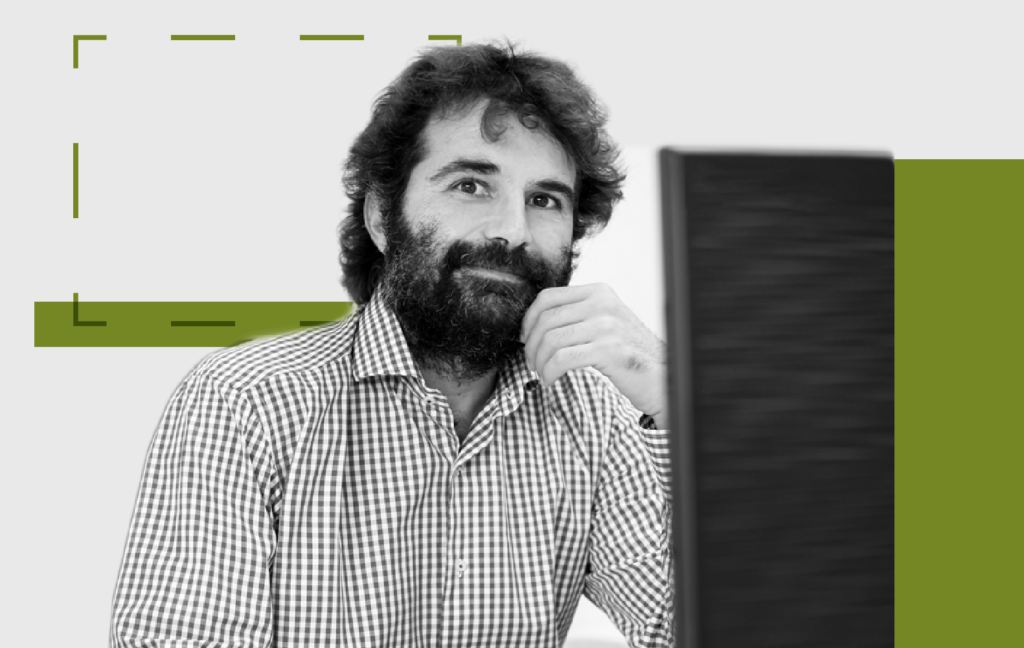14 November 2022 – Carmine Settembre started to work in a lab only to skip military service, but he soon fell in love with research — and never looked back. Now a professor of histology at Federico II University of Naples and a group leader at the Telethon Institute of Genetics and Medicine in Pozzuoli, Italy, Settembre leads a team of eight researchers studying the molecular mechanisms of autophagy — the process through which the body gets rid of damaged cells or cellular components.
Settembre and his team are investigating whether selective autophagy may be exploited to treat genetic disorders such as endoplasmic-reticulum storage diseases — a group of disorders in which misfolded proteins accumulate within the cell’s endoplasmic reticulum. “There’s no cure for these diseases, and we want to use autophagy as a way to remove misfolded proteins from the endoplasmic reticulum,” Settembre says.
Settembre’s research has been supported by numerous funding awards, including ERC Starting and Consolidator Grants. Since 2017, he is an EMBO Young Investigator. The prestige of the EMBO Young Investigator Programme helped Settembre get more visibility in his field. Through its annual meetings, the Programme also allowed him to network with scientists from different backgrounds — so much so that after one meeting, Settembre joined forces with another EMBO Young Investigator and wrote a grant proposal to study how organelles involved in autophagy may help corals to adapt to changing environments. The project didn’t get funded, but working with someone from a different scientific field was refreshing, Settembre says. “I could have never experienced something like this without being part of the EMBO Young Investigator Programme.”



